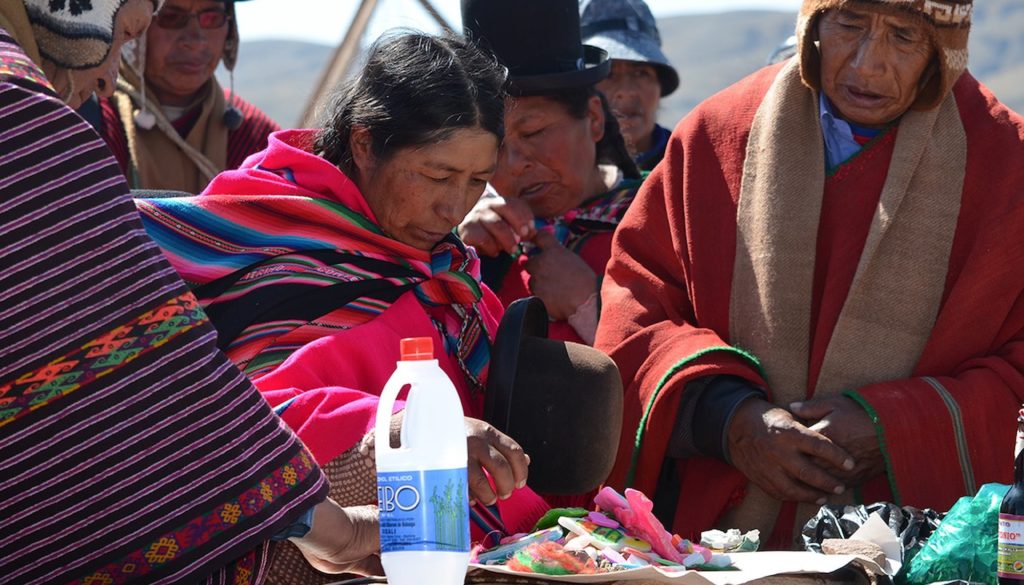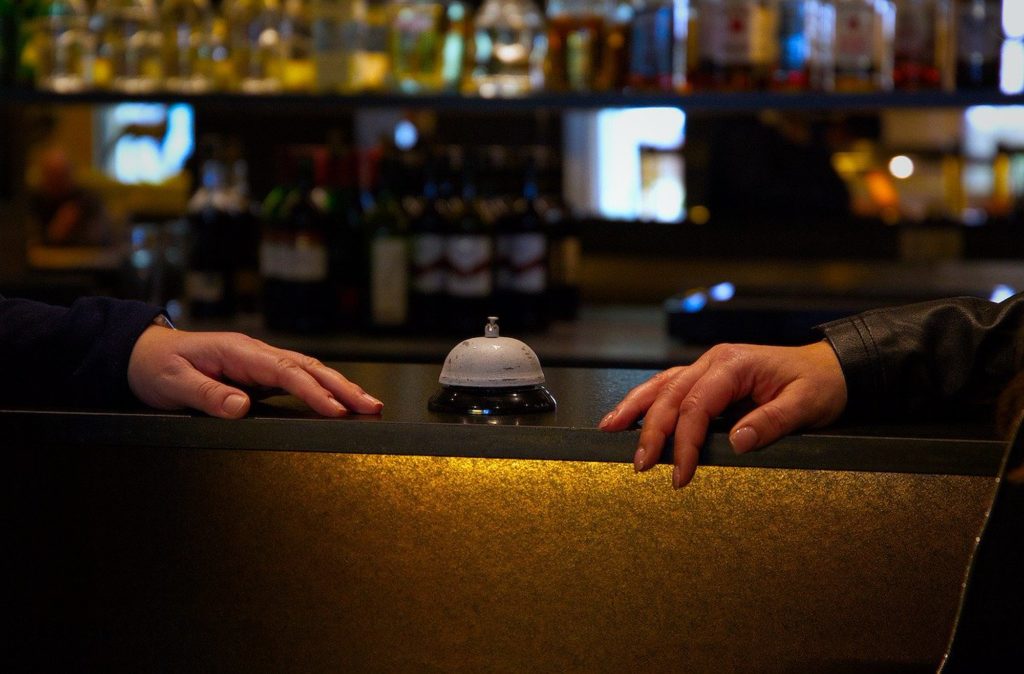For a long time, Latin America has been a popular area for tourism but the region has also been facing instability due to economic, social and political issues. Now, as the COVID-19 pandemic is keeping visitors from travelling, high levels of poverty and inequality are making children—especially from indigenous groups in the region—more and more vulnerable to all forms of sexual exploitation.
To illustrate how, we’re sharing three stories of how travel and the tourism businesses in Bolivia, with help from ECPAT Bolivia, have been working together to protect children from sexual exploitation in the context of travel and tourism.
Locals are losing their jobs and livelihoods, and as a result, the vulnerability of children increases.
According to the World Travel and Tourism Council, up to 75 million jobs are at immediate risk in the travel and tourism sector globally, due to the COVID-19 pandemic. Latin America is expected to be the second most affected region with over 10 million jobs at risk, after Asia Pacific with an estimated 49 million. As travel and tourism businesses will be recovering from the losses associated with the pandemic, greater efforts will be needed to ensure that the safety of children remains a priority.

Photo: ECPAT Bolivia, Munasim Kullakita
The exploitation of children happens all over the world. Travelling child sex offenders are people who try to engage with a child sexually while travelling within their own country or internationally. It could be a person on vacation or business travels, an aid worker, or someone who lives abroad. These offenders often use flights, hotels, private accommodation, tours and transportation, to reach and sexually exploit children.
Living amongst local communities allows offenders to begin a grooming process of potential victims and their families. During the ongoing coronavirus crisis, local people are losing their jobs, and as a result, local children’s vulnerability increases. With families in more need, this allows offenders to gain their trust and access their victims more easily.
Hotel acted fast when a girl tried to check in with her ‘cousin’
At a hotel in Bolivia, a teenager arrived in the morning, requesting a room for herself and her older cousin, who she said would arrive later. The receptionist got worried as she noticed that the girl wasn’t dressed for cold weather and didn’t have any identification.
The receptionist started talking in a friendly way with the girl and asked her questions to see if her story seemed accurate. After discovering some inconsistencies, the receptionist immediately began following the hotel’s child protection procedure and told management and relevant authorities about the situation. The hotel also contacted local child protection services and law enforcement.”
This was definitely a red flag—the girl didn’t have the permission required for a child to travel without their legal guardian(s).

To tackle the issue of child sexual exploitation, local hotels in the popular tourist town approached ECPAT Bolivia, Munasim Kullakita Foundation, for advice and support on how they can create their own child protection mechanisms. And, as they are a Local Code Representative of The Code of Conduct for the Protection of Children from Sexual Exploitation in Travel and Tourism (The Code) in the country, they were able to help.
The Code is a global initiative hosted by ECPAT International, which provides awareness, tools and support to the travel and tourism industry to recognise and respond to cases of child sexual abuse and exploitation. Civil society organisations across the globe are doing key work on the ground as Local Code Representatives, to support and guide the Code member companies in protecting children.
The contact led to these hotels starting the process of conducting due diligence process and fulfilling the six criteria of The Code. They developed and implemented child protection policies and internal reporting procedures, and staff participated in trainings on how to identify and report potential situations of child sexual exploitation. Following the trainings, each hotel had their staff inform incoming travellers and tourists about their new way of working to keep children safe.
Hotels learned how to identify and report potential situations of exploitation, and informed staff about these procedures.
This work is a great example of how hotels, and all other types of accommodation, can have a real impact in preventing the sexual exploitation of children, but it also shows that this is a problem that must be addressed at a larger scale, as preventive measures cannot be taken just by individual hotels.
All businesses with employees that travel for work must protect children, including through implementing the criteria of the national codes for the industry and/or the six criteria of The Code.